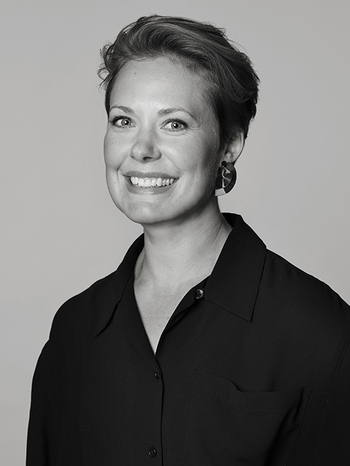Per-Olow Anderson
Per-Olow Anderson, "Anita Ekberg on the set for War and Peace, 1956"
Copyright stamp verso. Numbered 3/5. Printed by the photographer's estate. Archival pigment print, image 40 x 40 cm. Sheet 43.7 x 43.7 cm. Not framed.
Muut tiedot
Per-Olow Anderson was a Swedish photographer who is now almost forgotten. In his time he was known throughout much of the world, but less so in his home country. Perhaps because it was the world that was his field of work, while his home country served mostly as a place for short visits between photo assignments.
P-O, as he was known in his immediate circle, was born in Stockholm in 1921. The story of his life is so rich that it is almost impossible to comprehend. At the age of sixteen he went to Spain to document the civil war there. A few years later, he went with some of the Swedish Spanish volunteers to Norway to participate in the Norwegian resistance movement. He was arrested by the Germans and imprisoned in Grini before being transferred to the Dachau concentration camp. He spent six months there before being released in a prisoner exchange.
While in Norway, he had made contact with the British Air Force, which hired him as a photographer and trained him as a pilot. During a flying mission, his plane was hit and Anderson ended up in hospital in England with serious injuries. That was the end of his flying career.
But Per-Olow Anderson continued to travel to the world's various war zones. He was part of the attack on Pearl Harbor in 1941, and three years later he was part of the Normandy landings in 1944. There he again met Robert Capa, whom he had known during the Spanish Civil War. When Capa was killed by a mine in Indochina in 1954, Anderson was at his side.
In the 1950s, Anderson began working in the Middle East, particularly in Egypt. He became a close friend of Nasser and also came into contact with the Palestinian freedom struggle after the creation of the State of Israel in 1948. In 1956, he went to Gaza and documented the miserable existence of the refugees there. This resulted in the photo book "They are human too..." published in the US in 1957. In Egypt, he also followed the construction of the giant Aswan Dam and the relocation of the Abu Simbel Temple in the mid-60s.
But Per-Olow Andersson also had other strings to his bow. In the 1950s and 1960s he worked as a photographer for film companies such as United Artists, Paramount Pictures and Sandrews. He documented the shooting of a large number of major films, such as War and Peace, Alexander the Great and Summer Madness. His legacy includes unique images of actors such as Katherine Hepburn, Audrey Hepburn, Henry Fonda, Richard Burton, Sophia Loren, Humphrey Bogart and others.
Among the Swedish films he supervised the shooting of are Dear John, Black Palm Trees, The Bookseller Who Stopped Bathing and The Minister.
Anderson died in 1989, but his extensive collection of images has been preserved.



































